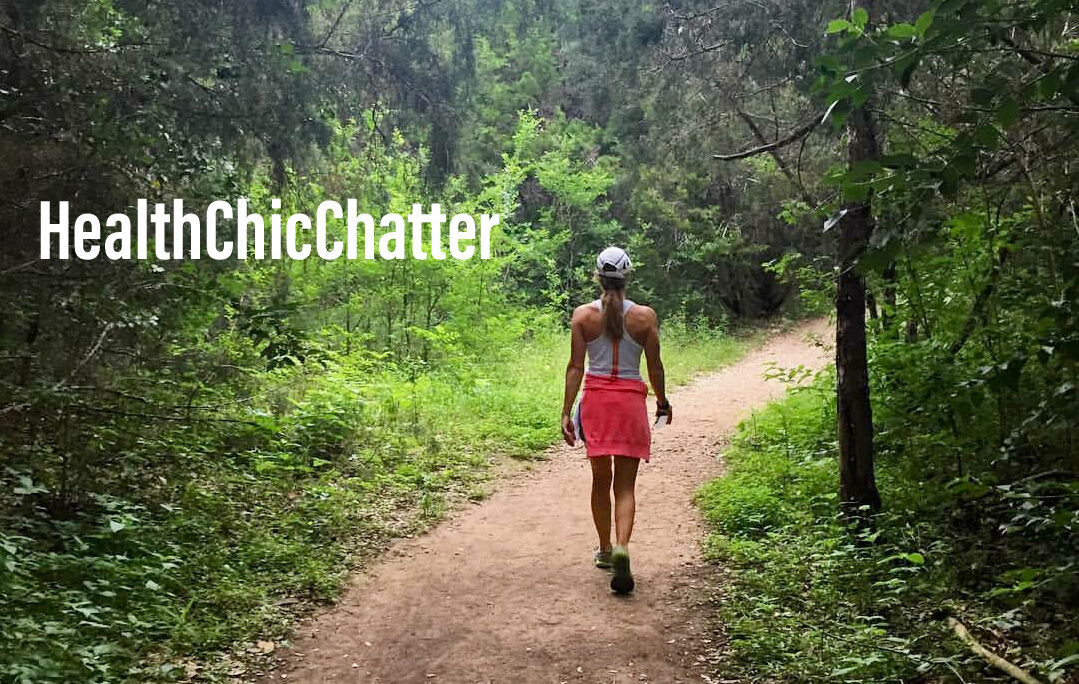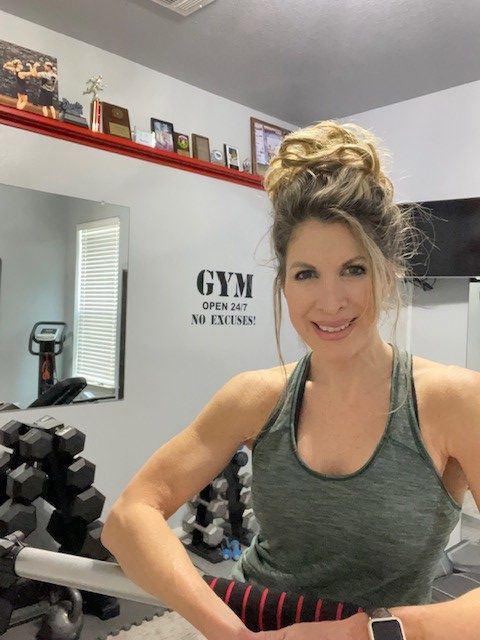Hey…what did you think I was referring to?
Friends, you know I hate to be the bearer of bad news, BUT the natural loss of muscle mass and strength as we age is associated with all-cause mortality and linked to the incidence of many chronic diseases…like cardiovascular disease and stroke, hypertension, insulin resistance, and type 2 diabetes.
According to the National Institute of Health, muscle mass decreases 3-8% per decade after 30 and this rate of muscle decline is higher after 60! Less muscle generally means a higher body fat percentage and higher body fat slows your metabolism down, NOT age.
Here are 5 ways to combat muscle decline:
- Eat protein (Ladies…are you getting enough?)
- Resistance train (Do you have a strength training routine that involves building muscle?)
- Increase your Omega 3s (Omega 3’sare anti-inflammatory and inflammation causes muscle to break down)
- Check your vitamin D levels (vitamin D helps with muscle protein synthesis)
- Walk (walking increases mobility and blood flow which helps with insulin and muscle repair)
If you don’t have access to a gym or some weights, resistance bands are an inexpensive option to help maintain or build muscle. Many exercises can be done with resistance bands to work the upper or lower body. Here are a few upper body examples:
1. Overhead press
- Stand with your feet shoulder-width apart and hold the band in each hand with an overhand grip.
- Raise the band up to shoulder height, then press it overhead until it is straight above your head.
- Slowly lower the band back down to shoulder height, then repeat.
2. Chest press
- Lie on your back with your knees bent and your feet flat on the ground.
- Hold the band in each hand with an overhand grip, palms facing each other.
- Slowly lower the band down to your chest, then press it back up to the starting position.
3. Bicep curl
- Stand with your feet shoulder-width apart and hold the band in each hand with a supinated grip (palms facing up).
- Curl the band up to your shoulders, then slowly lower it back down.
4. Tricep extension
- Stand with your feet shoulder-width apart and hold the band in each hand with an underhand grip (palms facing down).
- Bend your elbows and extend your arms behind you, keeping your elbows close to your body.
- Slowly lower your arms back down to the starting position.
These are just a few examples of exercises that can be done with resistance bands to work the upper body. There are many other exercises that can be done, so find some that you enjoy and that challenge you.
Tips for using resistance bands:
- When choosing a resistance band, start with a light band and gradually increase the resistance as you get stronger.
- Make sure to warm up before using resistance bands.
- Focus on proper form and don’t sacrifice form for weight.
- Listen to your body and don’t push yourself too hard.
- Vary your workouts to keep your body challenged.
Resistance bands are a great way to add variety to your workouts and challenge your muscles. They are also a portable and affordable option for strength training. I take them with me when I travel!
Prevent sarcopenia (muscle loss) and get strong today.
Your body and your family will thank you.
Lisa


